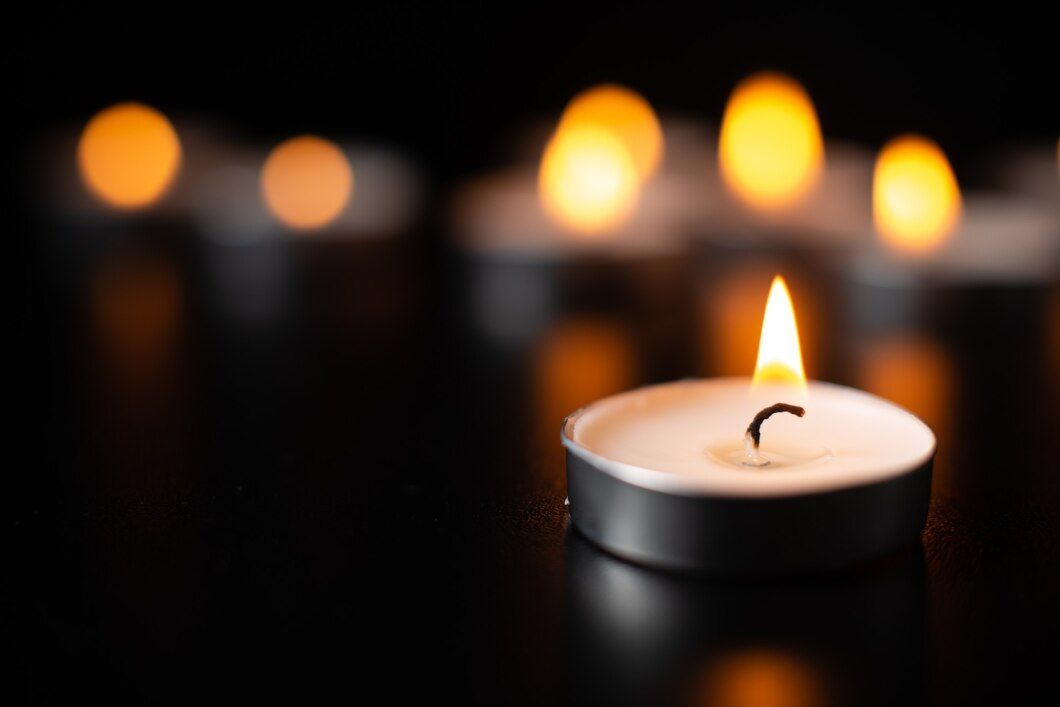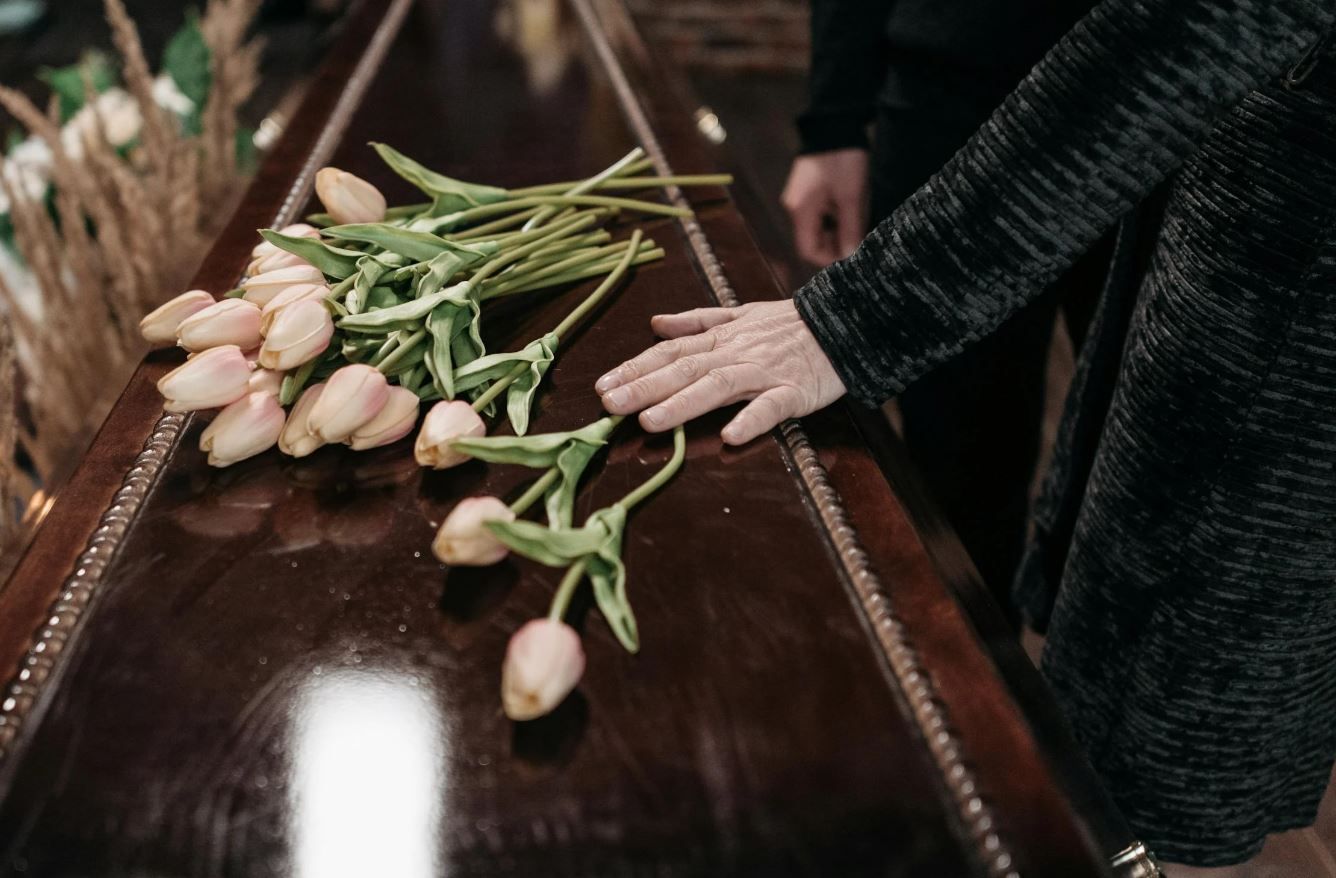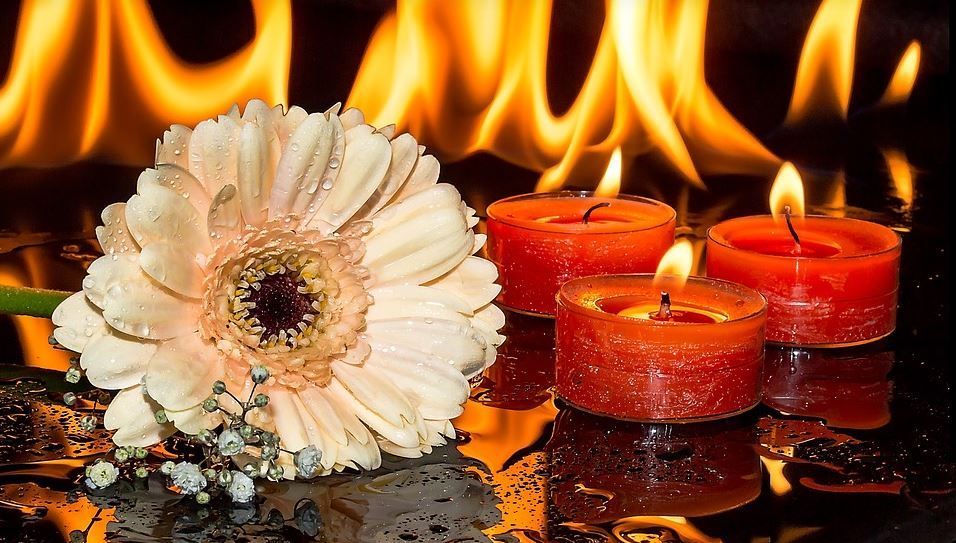Building a support system after loss
One of the loneliest times in a person’s life can come after a loss. After the last of the flowers and cards arrive, and extended family members travel back home, you’re often unsure what to do and who to talk to about what you’re going through.
Feeling isolated and lonely during grief is unfortunately very common. Too many friends and family members keep repeating the phrase, “I just don’t know what to say.” You feel many of them backing off, and wonder if they are trying to be sensitive and give you space.
Often, we avoid reaching out to get that needed support simply because we don’t want to be a burden. Asking for help, even if that help is just time and conversation can be daunting. You resist reaching out to others because you don’t want to bother them; others don’t reach out because they don’t want to upset you. This cycle can deepen the isolation and lack of connection. Friends may be calling less because they don’t know what to say or they don’t want to be intrusive. They may be afraid to mention your departed for fear of upsetting you, when in reality, talking about your loved one may be exactly what you need.
Creating a support system after you lose someone can be difficult, but as your loved ones reach out with offers of help, it’s okay to take them up on it. They may not know exactly what you need, whether it’s a favor, such as helping sort through paperwork, or helping with yard work, or it might be quality time together or a chance to get out of the house.
Friends may feel awkward inviting you to social functions, thinking that it might be insensitive. If you but if you need a distraction and social interactions, politely hinting that that upcoming game night or church function sounds like fun can be just the right cue for your friend.
You are not alone. You have loved ones who care and want to help you in your time of need.













